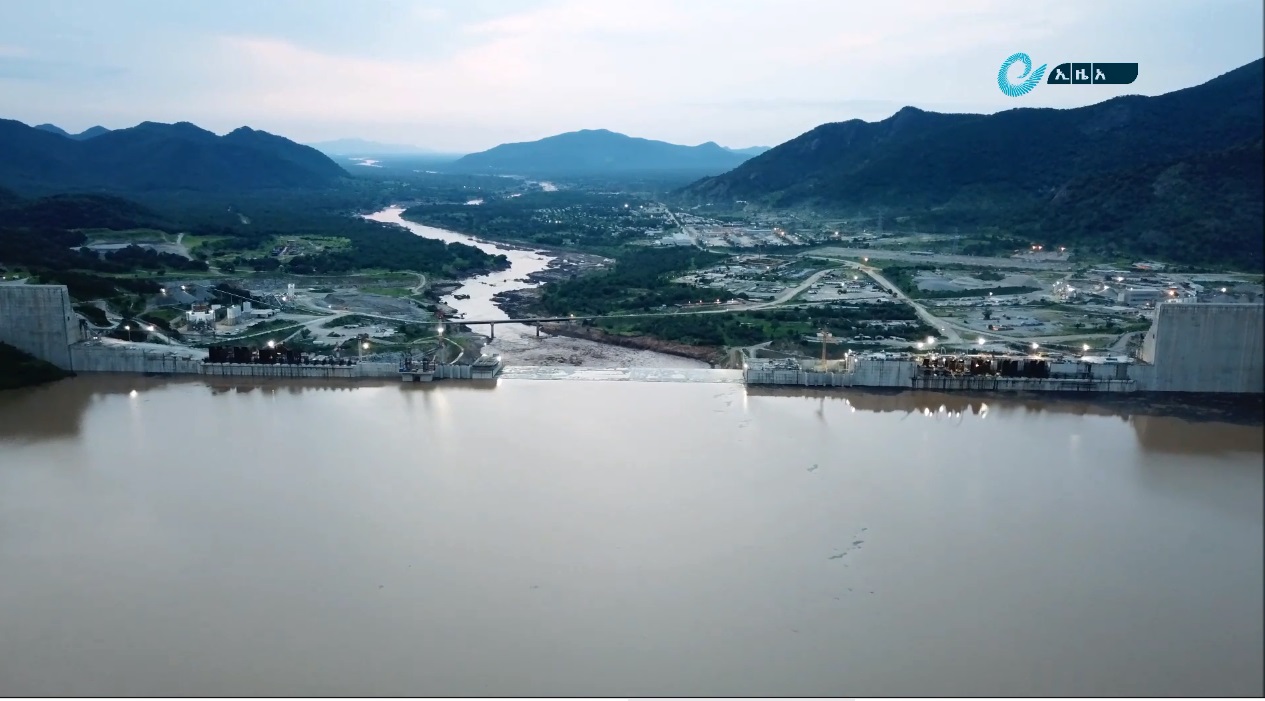Ethiopia Shouldn’t Allow Unfair Hydro-hegemony with Binding Deal, Says Legal Scholar - ENA English
Ethiopia Shouldn’t Allow Unfair Hydro-hegemony with Binding Deal, Says Legal Scholar

Addis Ababa October 1/2020 (ENA) Ethiopia shouldn’t allow Egypt’s historical Nile River claim that aims to sustain unreasonable and unfair hydro hegemony through a binding agreement that hinders development in the Blue Nile River, a legal scholar observed.
Wollo University Law Lecturer Dejen Yemane, said that Egypt mainly came to the GERD negotiations not to reach a mutually beneficial cooperation but to hinder the development needs of Ethiopia by binding it with a legal deal that sustains its unfair and unreasonable hydro-hegemony.
The lecturer told ENA that Egypt, and Sudan to some extent, who unfairly used the Nile River waters for many decades came to the negotiations to obstruct Ethiopia’s reasonable development aspirations through a binding agreement.
As the downstream countries never negotiated or signed any agreement on how to fill, operate or administer their different projects, it was a mistake on the part of Ethiopia to invite them for tripartite negotiation with the benevolent aim to collaborate and create regional cooperation; because their objective is to pressurize Ethiopia to conclude a binding legal agreement that hinders its present and future development projects on the Blue Nile.
To reverse the historic, unfair and unreasonable use of the water by the two countries, the lecturer insisted that Ethiopia must complete GERD and plan other development projects on the river. Ethiopia should even consider using the river for irrigation, fishery and agriculture, he insisted.
“GERD is a national and unilateral project, not a joint project. It’s under construction and nearing completion with own finance and resources in Ethiopia’s territory; and Ethiopia need to exercise sovereignty on this river in its territory.”
The 1959 agreement, like the 1929 Anglo-Egyptian Treaty, did not make any allowance for the water needs of the other riparian states, including even Ethiopia, whose highlands supply over 80 percent of the water that flows into the Nile River.
According to him, the countries are well aware that Ethiopia’s use of the river reverses that historic right and the unfair hydro-hegemony.
Dejen pointed out that it is ridiculous that Egypt and Sudan are involved in GERD’s decision-making without contributing a penny.
Aberdeen University Law School Professor Zeray Yihdego said the negotiations, rules and guidelines Ethiopia, Sudan and Egypt are trying to adopt about the GERD issues will have to be implemented in good faith by both Ethiopia and the other parties.
“But obviously one thing that we need to bear in mind is that this project is a national project, it’s a unilateral project and it’s not a joint project. It’s solely financed and under construction by Ethiopia and the Ethiopian people. That needs to be taken very seriously.”
Yet, the professor noted that the project is under construction and on completion in an international boundary, in an international water course. Therefore, Ethiopia must comply with its duty to prevent significant harm on Egypt and Sudan.
He further stated that “any negotiation cannot be free of political, diplomatic and international influences. Obviously the world we live in is highly interconnected. So, all parties will make their best to influence for all purposes and intentions.”
The professor pointed out that the important thing is that the outstanding issues on GERD negotiations can only be resolved by taking into account the fundamental interests, entitlements and concerns of the three countries.
“I don’t think other major powers from outside would be able to solve these issues. They may be able to influence it, but they wouldn’t be able to solve it. If they come up with positive suggestions and influences, they should be welcomed. But, if their suggestions and interpretations are going to be detrimental to the legal entitlements of Ethiopia or Sudan and Egypt, I think they must be fearlessly resisted,” he argued.
Professor, Zeray stressed that Ethiopia, Sudan and Egypt must learn from the Washington and New York processes. Taking this case outside Africa is going to bring anything. In fact, it might affect the confidence building that has been undertaken so far which led to the adoption of the Declaration of Principles in 2015, and also the positive achievements that have been gained in the last two years.
He noted that “at the end of the day, unless these three countries are committed to implement the Declaration of Principles and the key concepts around it, the concept of equitable use, win-win solution, amicable solution, respect for their sovereignty, territorial integrity and the likes, I don’t see a solution for the GERD issues by using other powers as influencers of the process.”